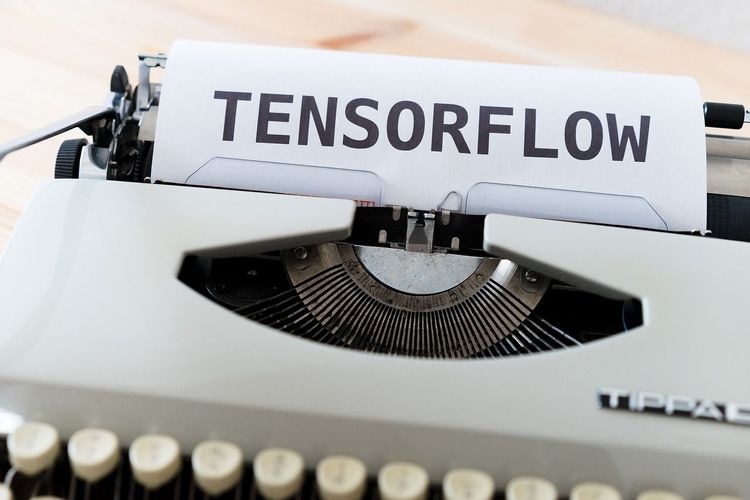Innovative Startup Reinvents Manufacturing with AI-Powered Factories for Custom Precision Parts
A pioneering startup, founded by one of OpenAI’s earliest engineers, aims to revolutionize the manufacturing landscape by utilizing AI-driven factories to produce custom precision components. The company, named Daedalus, operates from its sole factory in Karlsruhe, Germany, serving various industries such as medical devices, aerospace, defense, and semiconductors—each requiring specialized parts for their products. For instance, a pharmaceutical firm may need a tailored metal casing for a valve critical in the production of a specific medication.
To enhance its operations and pave the way for additional factories in Germany, Daedalus recently secured $21 million in a Series A funding round, led by NGP Capital, which is backed by Nokia. Existing investors, including Khosla Ventures and Addition, also participated in this round, bringing Daedalus’s total funding to over $40 million. Noteworthy investors include Y Combinator, which joined after Daedalus completed its Winter 2020 program.
The Fragmented Fabrication Challenge
The precision part manufacturing sector is highly fragmented, contrary to the image of streamlined production seen in high-volume settings like automotive plants. Many companies specializing in specific components, such as industrial valves, do not manufacture everything in-house. Instead, they often rely on outdated networks of manufacturers, sometimes involving small operations run by a lone expert and a few assistants.
Daedalus's founder and CEO, Jonas Schneider, explained, “These traditional manufacturers don't utilize digital tools and often rely on pen-and-paper methods. This results in low-tech production of critical components for high-end products.”
Founded in 2019, Daedalus employs standard hardware but differentiates itself through advanced software that automates tasks on the factory floor, streamlining the production of precision parts. Customers submit their CAD (computer-aided design) drawings, and Daedalus efficiently transforms these designs into completed parts through automation.
“It’s about coordinating the workflows involved in production, planning, and scheduling for those workers on the factory floor,” Schneider added. Production of a new part involves numerous steps and decisions regarding tooling, settings, and specifications. Daedalus’s software captures this decision-making data to inform future productions of similar parts, allowing for adaptations based on previous experiences.
In essence, Daedalus elevates the foundations of 3D printing, which has democratized manufacturing over the past decade. By incorporating machine learning, the company amplifies efficiency and precision—like 3D printing on steroids. Schneider noted, “At first glance, it seemed like custom manufacturing was resolved with 3D printing. However, that process has technical limitations, making it costly to design new parts specifically for 3D printing. Most traditional industries find this impractical since the precision and material strength may not meet their requirements. Our approach takes the principles of 3D printing and applies them to high-quality, industrial-grade parts.”
The Journey So Far
Before founding Daedalus, Schneider was the technical lead at OpenAI, crucial in establishing the company's robotics division in 2016. While OpenAI is widely recognized for its ChatGPT AI chatbot, Schneider contributed to projects like programming a robotic hand to solve a Rubik’s Cube.
OpenAI's robotics team disbanded in 2021, but Schneider's three years there influenced his decision to build Daedalus. He recounted a pivotal experience: “When our robot hand broke, we needed precision-manufactured spare parts, and the long waiting period highlighted the challenges in obtaining them. This experience motivated me to explore the manufacturing sector further.”
Currently, Daedalus operates a 50,000-square-foot facility in Karlsruhe, primarily serving customers in German-speaking countries, including Austria and Switzerland. The company plans to establish a second factory in Germany soon, with aspirations to expand further based on demand.
“This initial factory serves as our blueprint, allowing us to refine our systems and processes for producing parts,” Schneider stated. “Eventually, we aim to set up factories wherever our customers require them.”







